What is an Intensive Outpatient Program (IOP)? | How to Find IOP Treatment Near You
- Cheree Ashley
- Medically Reviewed
Attending treatment for drug and alcohol addiction is incredibly important, but finding the time for inpatient treatment can be difficult for those with busy schedules and outside responsibilities. California intensive outpatient programs can provide a solution for those who are unable to attend inpatient treatment programs, allowing them to pursue their sobriety while still maintaining responsibilities outside of treatment.
What Are Intensive Outpatient Programs?
When most people think about addiction rehabilitation, they picture residential or inpatient programs where clients live at the facility while taking part in recovery treatment. However, there are other options when it comes to receiving substance abuse treatment, like intensive outpatient programs. Intensive outpatient programs help clients deal with substance abuse issues while still continuing on with their normal day-to-day lives outside of treatment. Clients who attend intensive outpatient programs are able to live at home as opposed to living at the recovery program facility.
Additionally, intensive outpatient programs are sometimes utilized in conjunction with inpatient programs in an effort to help clients transition more easily back into their community while still receiving a variety of treatments and therapies. These types of treatments help support clients while they continue to learn how to utilize coping mechanisms, properly address cravings, and prevent the occurrence of relapses.
Who Should Attend Intensive Outpatient Programs?
While in severe cases of addiction, inpatient programs are typically recommended as they provide the highest level of care possible, there are a number of different clients who are good candidates for intensive outpatient programs. Those who are unable to take time off of work to attend treatment can usually work out schedules that make attending intensive outpatient treatment possible. Clients with children are also sometimes referred to intensive outpatient programs.
Ideal intensive outpatient clients are those who have a healthy and safe home environment. These clients typically have a support system of family and friends who are willing and able to help them throughout the recovery process.
Intensive outpatient programs are typically not recommended for clients who have family or household members who drink or use drugs or clients who have co-occurring disorders. These clients are referred to inpatient treatment programs where they can take advantage of round-the-clock care.
What To Expect In Intensive Outpatient Programs
Those who are looking to attend intensive outpatient rehabilitation programs often wonder what they can expect from this type of treatment. The specifics of each program will vary depending on the treatment facility. However, most intensive outpatient programs consist of both individual and group therapies which clients attend for between 10 and 12 hours per week. The majority of programs also encourage their clients to take part in a 12-step program.
Those involved in intensive outpatient programs commonly visit the program facility between three and four times a week for a number of hours to take part in their treatment program. The Substance Abuse and Mental Health Services Administration states that most programs require anywhere from 9 to 20 hours of their clients’ time throughout each week. Clients typically attend both group and individual therapy at the treatment facility, though recently, more online programs have become available for outpatient treatment.
Elements of Intensive Outpatient Programs
There are a number of different types of therapy that are included in intensive outpatient programs. Intensive outpatient programs have many of the same therapies that are utilized in inpatient addiction recovery programs, but the amount of time spent attending these therapies may differ. Intensive outpatient therapy clients will come to the program campus in order to attend their scheduled therapy sessions and return home after their sessions are complete. Clients are able to schedule their therapy sessions around their work and family schedules in order to determine what works best for them. Therapy options vary from program to program, though most intensive outpatient programs include the following:
- Individual therapy
- Group Therapy
- Additional therapy options
Intensive Outpatient Program Therapies
Group Therapy
Group therapy is often the primary focus of many intensive outpatient programs. Group therapy can be advantageous for clients for a multitude of reasons and has the potential to be as effective as individual therapy in most cases. Groups may be divided between men and women or other specific client types and contain up to 15 members. Group therapy provides clients with an opportunity to socialize and provide support to one another throughout the program, as they can relate to one another. Group therapy also allows newer clients to see members who are further along in their recovery and receive feedback from them in a safe space. There are many different kinds of group therapies that may be included in an intensive outpatient program, including:
- Family groups
- Relapse prevention
- Psychoeducational groups
- Skills-development groups
- Refusal training groups
Individual Therapy
While group therapy is the primary type of therapy used in intensive outpatient programs, individual therapy may also be offered. Therapists are able to focus more closely on a particular client to get to the source of their substance abuse issues. Individual therapy is also a great option for those who do not feel as comfortable speaking up in a group setting. Clients are able to form a closer relationship with their therapist throughout the length of their recovery program.
Additional Therapy Options
Different forms of therapy are also offered through some intensive outpatient programs. These types of therapy vary from program to program and give clients a way to heal outside of talk therapy. Some additional therapy options include:
- Music therapy
- Art therapy
- Adventure therapy
Support Groups
Clients who attend intensive outpatient therapies are commonly referred to support groups outside of the therapy program. Support groups like Alcoholics Anonymous may even host meetings on the facility campus to make it easier for clients to attend. Support groups like AA can also help clients transition out of their program, as they can continue to attend meetings after their program ends.
Qualities of a Good Intensive Outpatient Program
Clients should look for a few different qualities in their intensive outpatient program. These qualities are found in most programs and help ensure client success in recovery.
- Personalized care: Every client is different. Intensive outpatient programs should provide care that best fits client needs. Recovery is not one size fits all.
- Medical treatment: Many clients require medical treatment during their recovery program, and treatment should be readily available to those who need it.
- Support: Clients need a variety of support from peers, therapists, and physicians during their treatment.
- Availability: Treatment should be readily available to clients and easily accessible.
The Cost of an Intensive Outpatient Program
The cost of an intensive outpatient program will depend largely on the program itself as well as whether or not the client is insured.
With Insurance
Insurance typically covers addiction recovery treatment. However, the best way to determine your coverage options is by speaking directly to your insurance provider.
Without Insurance
Those who lack insurance also have options when it comes to paying for treatment. Many treatment facilities will work with clients when it comes to covering the cost of the program, typically through payment plans. Friends and family may also be able to help cover the cost of receiving treatment.
Final Thoughts about Intensive Outpatient Programs
Intensive outpatient programs have the potential to be incredibly beneficial to those facing substance abuse issues. They allow clients to continue on with their day-to-day lives and responsibilities while receiving much-needed treatment for addiction.

When it comes to addiction treatment and recovery, Bright Future Recovery’s team delivers beyond expectation.







